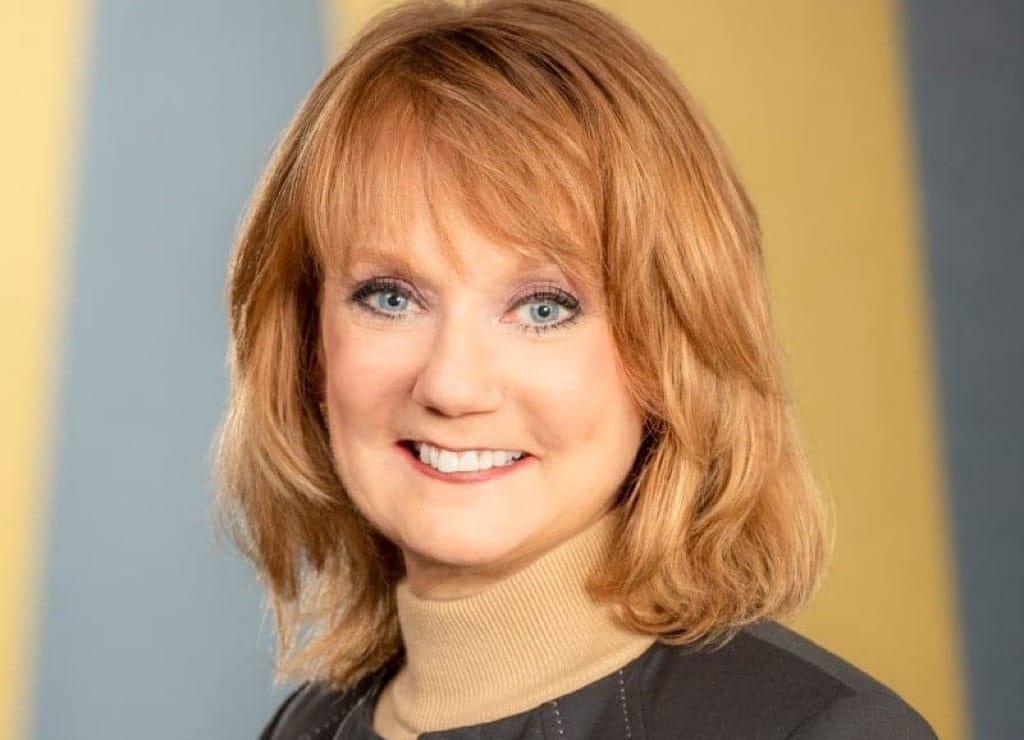AT&T: Big Tech Needs to Help Fund the USF
USF contribution base should include tech companies, AT&T says
Joel Leighton

WASHINGTON, June 20, 2024 – It’s time for Big Tech to pay its fair share.
Otherwise, the financial underpinnings of the Federal Communications Commission’s Universal Service Fund that helps drive Internet adoption among those most in need could collapse.
That’s the message AT&T is sending out to Washington officials at the FCC and on Capitol Hill.
“For years, we’ve been waving red flags – USF’s current system is broken… Now is the time to find a sustainable and effective way to truly provide universal service,” said Rhonda Johnson, executive vice president of federal regulatory relations, in a June 19 company blog.
The major telecommunications company published Johnson’s blog just a week after the FCC approved raising the USF's contribution factor from 32.8% to 34.4% – which raises about $8.1 billion annually so the fund can connect schools and libraries to the Internet and keep Internet service affordable in high-cost rural areas. The fund also supports online access for low-income individuals.
AT&T said reform was long overdue, pointing out that the contribution factor still relies heavily on revenue from “legacy” telecommunication services, such as phone calls, despite broadband connectivity becoming the dominant form of consumer communication.
“As these legacy products and services fall more deeply into existential decline, the USF funding burden increases for those customers still using them,” AT&T said.
In order to alleviate this burden on already strained services, AT&T recommended incorporating tech companies like Google and (Facebook parent) Meta into the funding base. Tech companies profit from services through broadband connections and should therefore contribute to the fund, AT&T said.
FCC rules exempt broadband ISPs and Big Tech from making USF payments.
In a letter to Congress in January, FCC Chairwoman Jessica Rosenworcel said requiring USF contributions based on digital advertising revenue “would likely have the smallest financial impact on consumer bills compared to other options.”
Rosenworcel has opposed including broadband revenue absent broader USF reforms because that “would increase consumer broadband bills by $5.28-$17.96 per month.”
INCOMPAS – a telecom trade group whose members include Google and Facebook – has supported broadband USF contributions, saying there were “major problems with other proposals, such as including edge providers, which would lead to market distortions and increased prices on consumers.”
AT&T also urged the FCC to centralize the USF's multiple funding programs to “maximize resources and reduce waste.”
“Centralizing these programs allows for a reassessment of how funds are used and increases transparency and efficiency,” AT&T said.









Member discussion